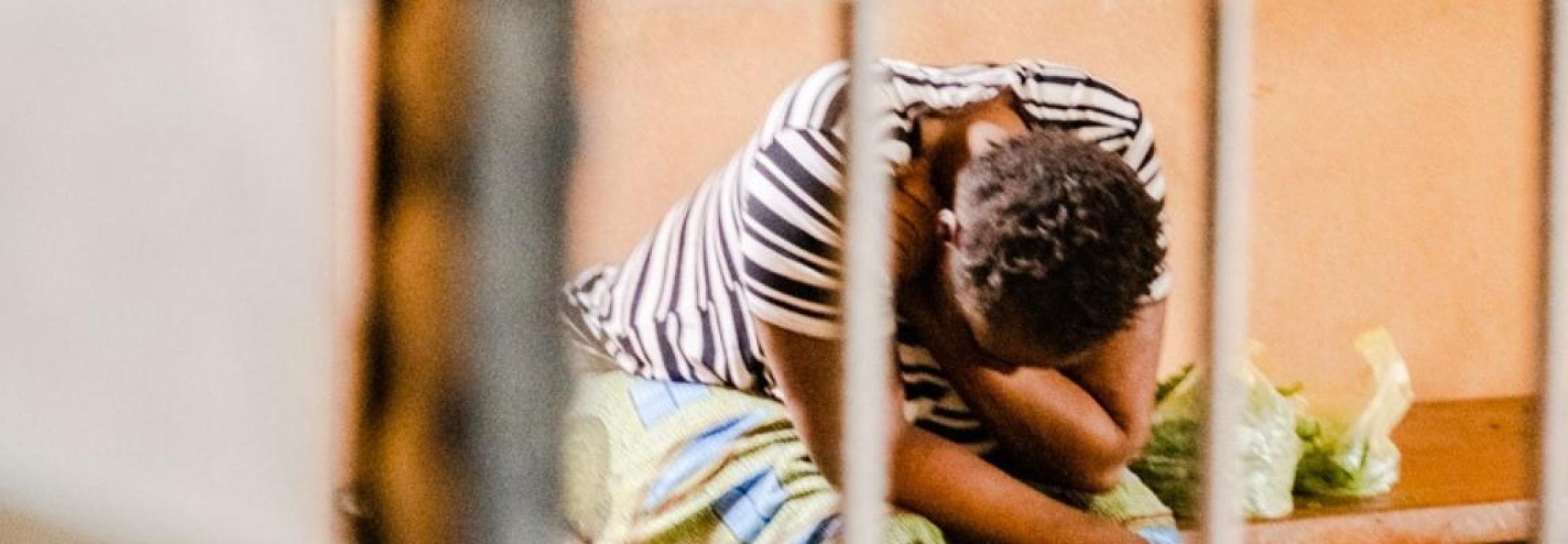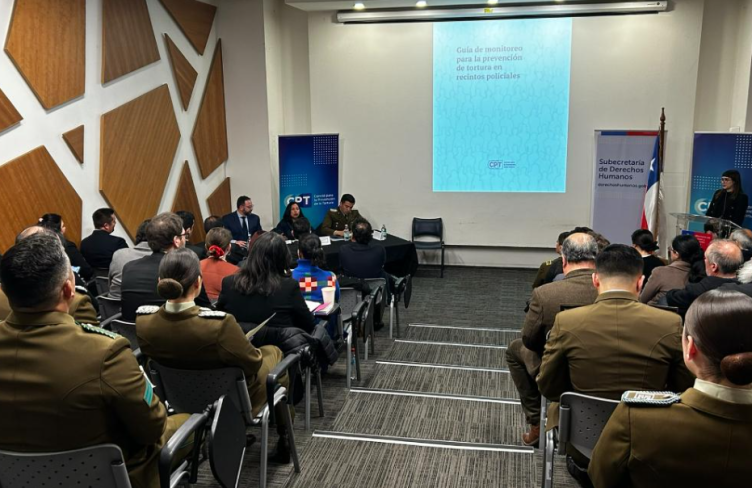
Andrea Casamento is the President of the Asociación Civil de Familiares de Detenidos (ACIFAD, Civil Association of Relatives of Detainees), based in Argentina. She also serves as member of the UN Subcommittee on Prevention of Torture. This blog is adapted from an interview she recorded with the APT, where she discussed the impact of detention on families and the vital role they can play in supporting torture prevention initiatives.
When a person is detained, the justice system and the prison are installed in the living room of your house. From that moment on, the family routine changes. In general, it is the women who are left to manage. They organise their time according to the prison timetable, the visits, the timetable for going to court. Life is organised to the point that you even wait at a set time of the day for the detained person to call, and if he doesn't call you it means that something has happened to him. So life revolves around this issue.
If we don’t take the food, they don't eat. If we don't go to the lawyer to ask for explanations, the lawyer doesn't go to the prison. We are also the ones who take the medicines. It has a huge impact on the family economy, and on the time and quality of life of women, as well as children. There are many children who have to leave school to look after their siblings so their mother can go and do the paperwork.
Regarding the justice system, it's terrible what happens because they don't explain anything to the relatives. They use language that is difficult to understand. And when you ask questions, they just tell you that you are not part of the case, and they don't give you any information. But when the person is to be released, they come to your house to do the environmental report and they ask if we can take care of our relative that will be released. So we are supposed to be a support for the system, but we are never included.
We realised that we not only needed to understand the legal language, we also have to be able to take care of ourselves because prison destroys you. Many women said that they didn't have a drink or celebrate birthdays because their son is in prison. If their son cannot celebrate his birthday, they can’t either. So we started to work on these issues with some psychologists at the Association.
We have also set up the international network of family organisations, from Brazil, Spain, El Salvador, Mexico, Colombia and Costa Rica. Regardless of our accents or language, family members all over the world suffer the same violations of rights. They are not taken into account by decision makers. So we are trying to give voice to their experiences and show how detention impacts not only the person who is detained but the rest of the family as well.
Family members are also the first agents of torture prevention. We go in and out of prison every day. We know what is happening. We know which guard beats the detainees because our relatives tell us and we see them during our visits. I don't just go to visit my son, I go to visit my son but I look around. When there is an announced visit, the prisons prepare everything, but who is going to prevent us from going in and telling what is happening every day?
Women are the first ones to monitor, and women should know what the national prevention mechanisms are for, what they do, and exchange our experiences with each other. And I think the prevention mechanisms should support women and teach them how to observe, what to observe.
In Argentina, the national preventive mechanism provided training for us on monitoring places of detention. During the pandemic, when nobody could enter the prisons, we were on the phone with the detainees and we worked with the mechanism. We answered 500 calls a day: “I have a fever and the doctor is not coming”, “They are killing me”. We warned the mechanism about all of this.
Today, there are two family members and two lawyers who receive calls all day long from people deprived of liberty or their families. They tell us that they need medical assistance, that they were beaten. We listen with the empathy of a family member and then the preventive mechanism will do what we call due diligence.
This is what has happened in Argentina but it could be replicated elsewhere. This will also help us to shift from being in the position of victim to become agents of change.


